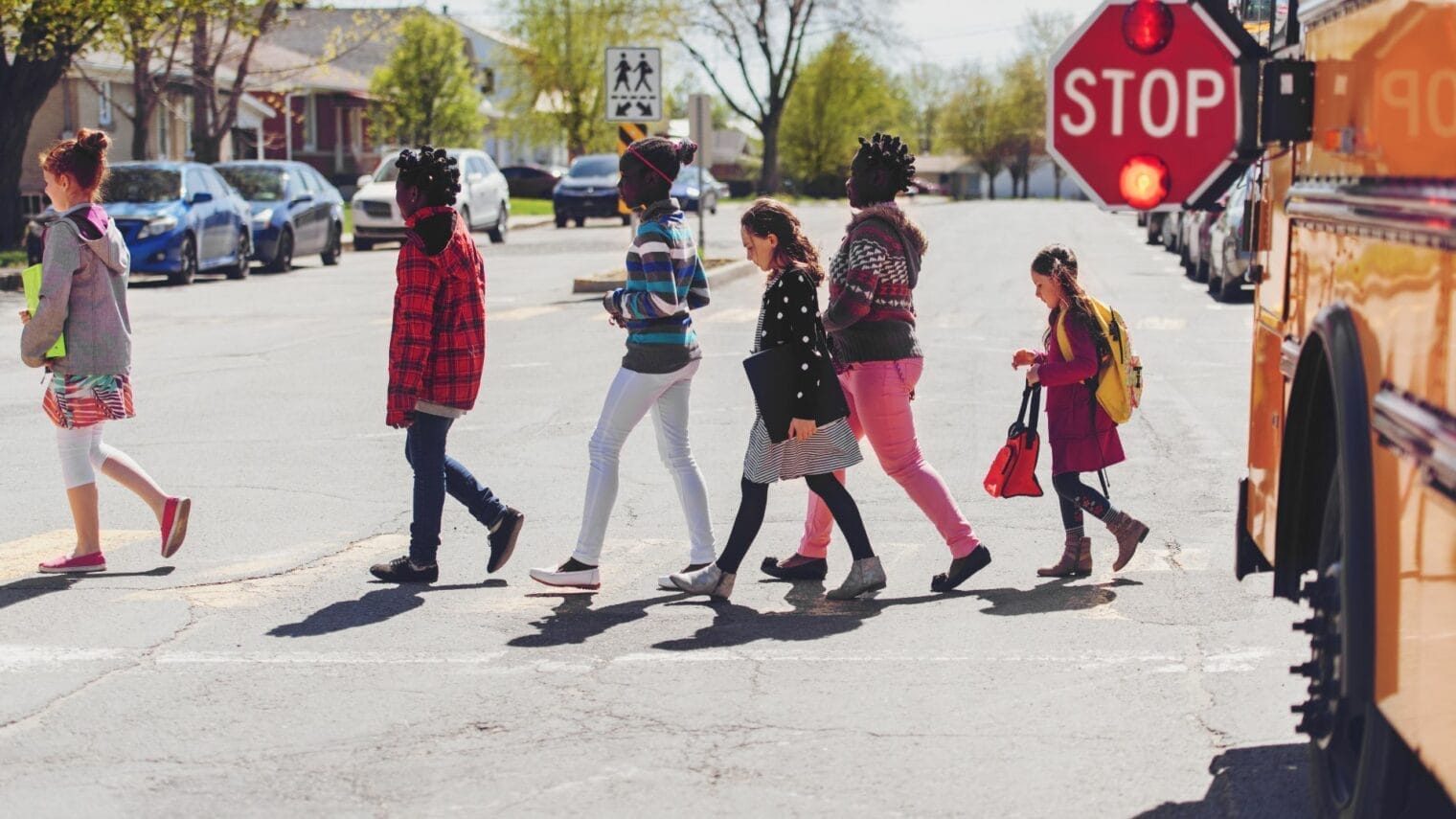I am glad that I got help. Behavior therapy was like having a second teacher that goes to your house, only they don’t teach math. They teach you coping skills. Coping skills are methods used to calm yourself down in stressful situations. I learned coping skills very easily, as coping skills are just stuff like drawing and taking a walk. But the problem was that I had trouble responding to situations in an appropriate way. My aid would ask me scenarios about what I would do in certain situations. A scenario would be like “You didn’t get a good grade on the test, what do you do?” These questions seemed really silly. Of course I knew what to do! I had it reiterated hundreds of times. I answered as any sensible person would, but the problem was that I didn’t act correctly when the real situation happened. For example, if I was given the scenario I talked about earlier, I said “Calm down” but if I actually got a bad grade on a test, I would freak out and not calm down. But it all takes practice. My mom says “You are what you watch and do” or something like that. Basically, if you watch something or do something over and over, your choices are influenced by that stuff. I did those coping skills and scenario situations a million times over and it was boring. But it was making a difference in my behavior. What I was doing in ABA was actually translating over in the real world. I got “take deep breaths” and “use perspective taking” pounded into me so many times that I even just picked it up. I don’t know how to explain it. I just started using all of the skills my aids taught me after lots of repetition. And looking back, I’m glad I did that.
Touched by what you read? Join the conversation!
-

What makes a friendship?
-

Are you biased and making assumptions?
These are trick questions. Of course, you are. We all make assumptions, mostly subconsciously and automatically. They are mental shortcuts for our brains to help us learn and navigate the endless complexities of social interaction and decision-making in life. Assumptions are based on our past experiences or cultural influences, and Because they are different, we…
-

People Danger is Real
The rat race starts young now! And it’s easy to get caught up in it. As a parent of college-bound teens, I live the frenzy that often results from students (and parents) thinking that the rest of their lives are dictated by their college acceptance letters. High-achieving teens aim, at the very minimum, to maintain…



Leave a Reply